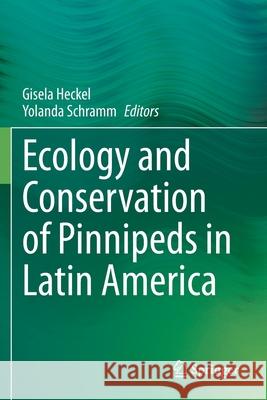Ecology and Conservation of Pinnipeds in Latin America » książka
topmenu
Ecology and Conservation of Pinnipeds in Latin America
ISBN-13: 9783030631796 / Angielski / Miękka / 2022 / 248 str.
Ecology and Conservation of Pinnipeds in Latin America
ISBN-13: 9783030631796 / Angielski / Miękka / 2022 / 248 str.
cena 602,40
(netto: 573,71 VAT: 5%)
Najniższa cena z 30 dni: 578,30
(netto: 573,71 VAT: 5%)
Najniższa cena z 30 dni: 578,30
Termin realizacji zamówienia:
ok. 22 dni roboczych.
ok. 22 dni roboczych.
Darmowa dostawa!
Kategorie:
Kategorie BISAC:
Wydawca:
Springer
Język:
Angielski
ISBN-13:
9783030631796
Rok wydania:
2022
Ilość stron:
248
Waga:
0.35 kg
Wymiary:
23.39 x 15.6 x 1.32
Oprawa:
Miękka
Wolumenów:
01
Dodatkowe informacje:
Wydanie ilustrowane











